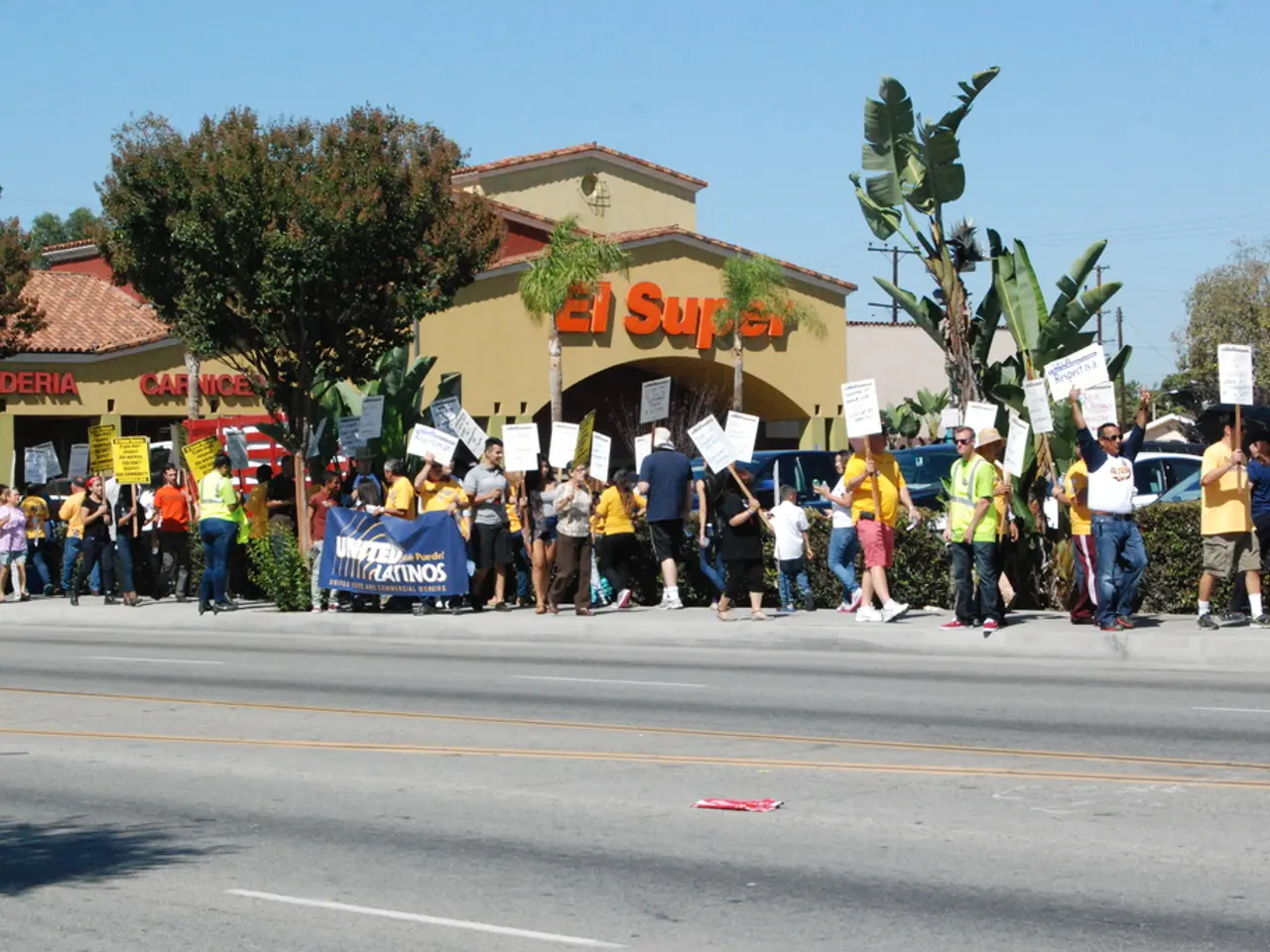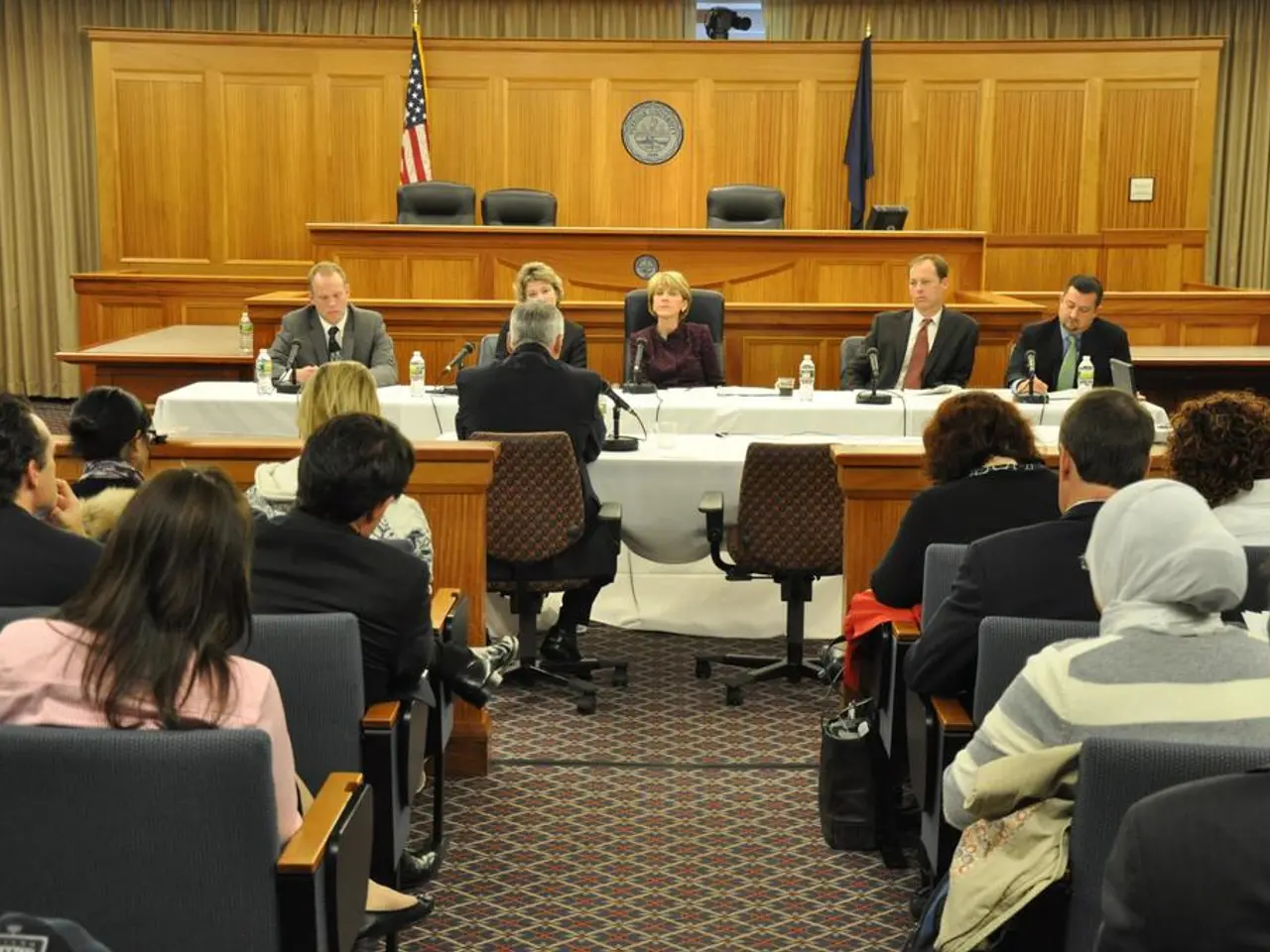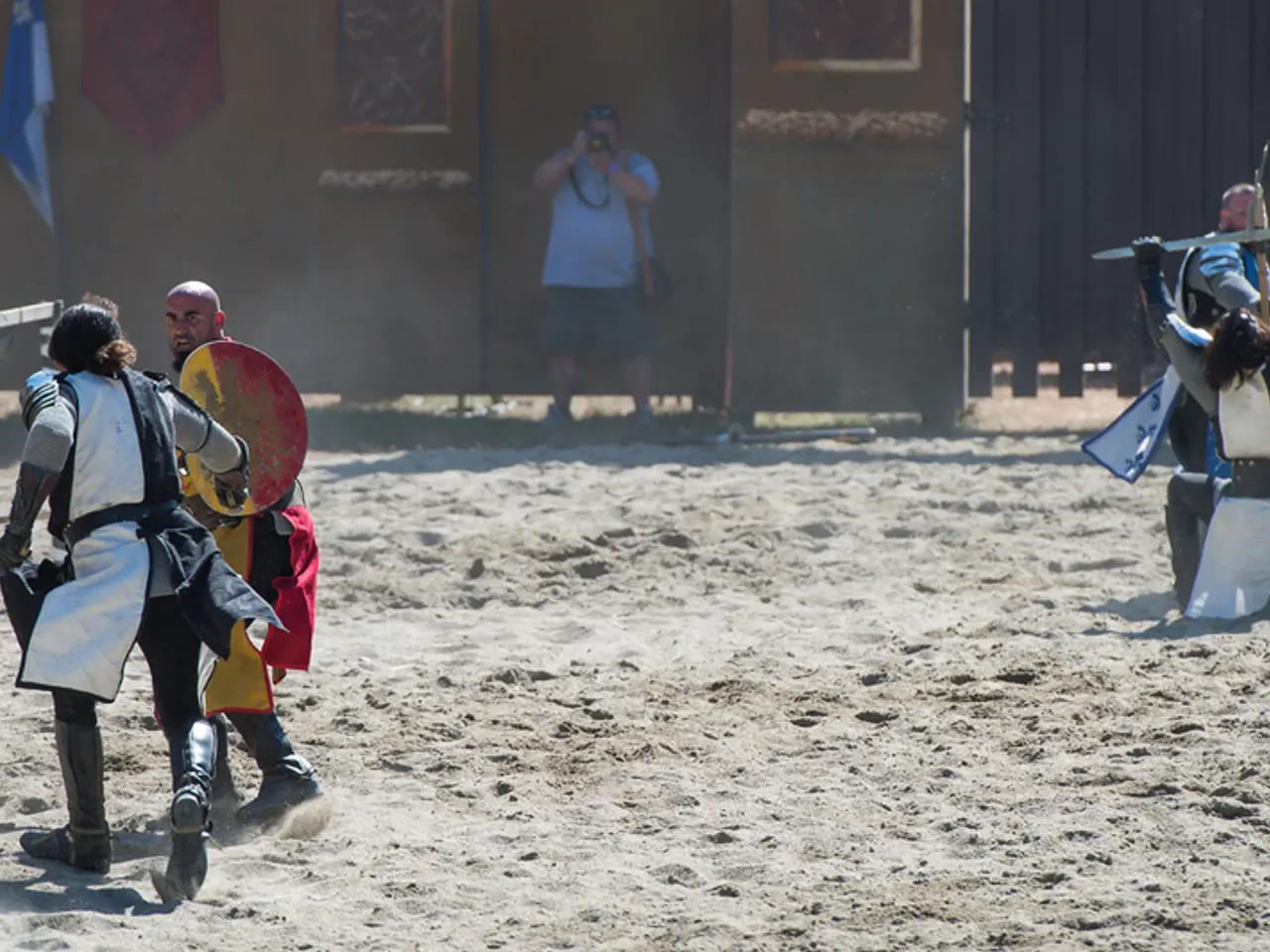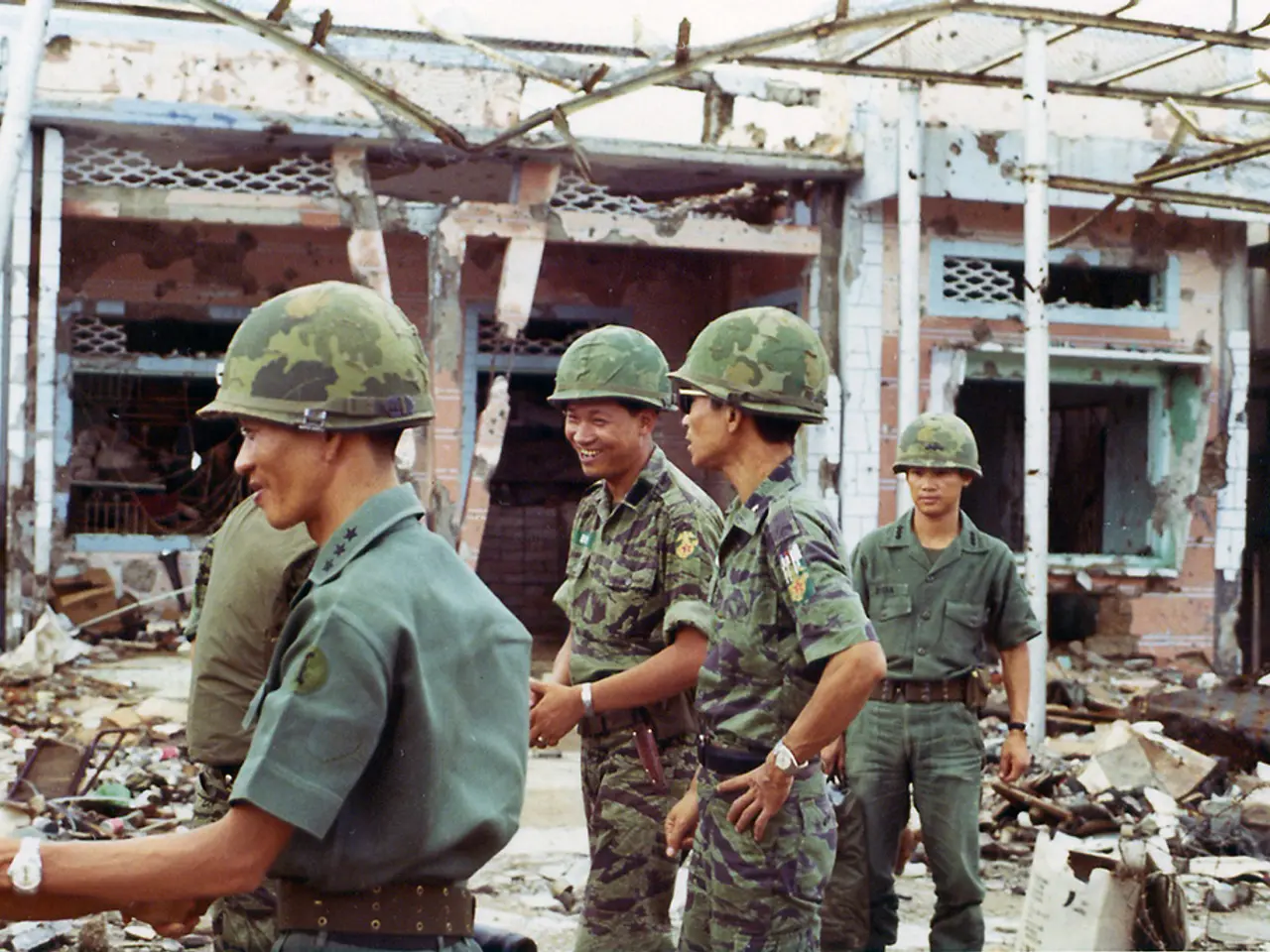Unions marked by scant affection and pervasive mistrust
**Headline:** Political Realignments and Strategic Negotiations Shape Buenos Aires Elections
**Subhead:** Ahead of the September 7th local legislative elections in the Province of Buenos Aires, the political landscape is witnessing significant shifts and strategic maneuvers among the main parties, involving both traditional Peronist forces and emerging right-wing groups.
The right-wing La Libertad Avanza (LLA), led by President Javier Milei, has solidified an electoral alliance with Mauricio Macri's PRO party for the provincial elections. This new joint ballot, bearing LLA's name and coloured violet, reflects LLA's ascendancy in the coalition, while PRO retains leverage due to its strong grassroots structure.
In response to the growing strength of the right and center-right coalition under Milei, Buenos Aires’ Justicialist (Peronist) Party (PJ) has convened a broad assembly to unify its factions into a new front aimed at contesting the September elections effectively. This front, set to replace the former Union for the Fatherland coalition, includes key Peronist allies such as Sergio Massa’s Frente Renovador and Juan Grabois’ Patria Grande.
The principal challenge for both sides lies in balancing power dynamics and ensuring unity. For the right-wing alliance, negotiations on candidate lists and placements are complicated by the electoral lead of LLA and the local mayoral bases' demands for influence. On the Peronist side, the formation of the new front involves appointing a commission to oversee alliance formation and candidate selection, with a registration deadline on July 9.
The political situation is further complicated by the pre-agreement between the cristicamporistas and kicillofistas to form an alliance, which still has many unresolved issues, including representation and candidate selection. The mayor of Almirante Brown, Mariano Cascallares, is being considered as a potential candidate by some mayors in the cristicamporismo.
As the registration deadline approaches, the political alliances for the Buenos Aires elections are facing difficulties and have too many loose ends, with Peronism, libertarians, and submerged Macrism approaching the registration deadline. The past continues to weigh on society, and the perspective that the abstentionist trend will be ratified in the Buenos Aires territory is gaining more and more entity. The coming hours and days will be decisive for the upcoming September and October elections and for the future of Argentina's political landscape.
- Amidst the political realignments, there's growing interest in the publishing industry about the impact of war-and-conflicts and policy-and-legislation on the Buenos Aires elections, as strategically maneuvered parties prepare for the September contests.
- The sports section of various news outlets might cover the conflicting opinions about sports-betting being legalized in Buenos Aires, considering the delicate balance between political parties, especially with the September elections just around the corner.
- As the September general-news elections near, crime-and-justice officials are discussing potential policy changes to address rising crime rates within the Province of Buenos Aires, particularly in light of the significant shifts among the major political parties.
- With the Buenos Aires elections fast approaching, there's increasing speculation in political circles about potential surprises in sports outcomes, as various parties look to capitalize on political momentum in order to sway public opinion.





